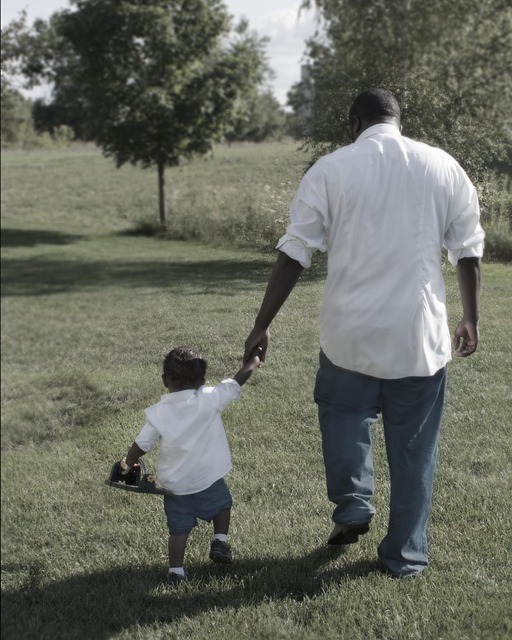In Pittsburgh, Pennsylvania, church sexual abuse cases have been bringing significant attention to the city. Understanding these complex issues requires insight into both legal and emotional aspects. This article delves into the crucial role of a clergy abuse attorney in navigating legal complexities and supporting survivors. From identifying patterns of abuse within institutions to advocating for justice, a skilled clergy abuse attorney in Pittsburgh PA is essential. We explore resources available to assist victims and shed light on the path to healing.
Understanding Church Sexual Abuse Cases in Pittsburgh

In Pittsburgh, church sexual abuse cases have become a critical issue, requiring the expertise of a skilled clergy abuse attorney. These cases often involve complex legal and emotional dimensions, as victims seek justice and healing. A dedicated lawyer specializing in this area can navigate the unique challenges presented by such sensitive matters.
Pittsburgh’s diverse religious landscape includes various denominations, each with its own set of protocols and policies regarding sexual misconduct within their ranks. Understanding these nuances is essential when pursuing legal action against clergy members accused of abuse. A competent attorney will have a deep understanding of local laws, church governance structures, and the specific procedures for handling such cases, ensuring that victims receive the support and justice they deserve.
The Role of a Clergy Abuse Attorney

A clergy abuse attorney in Pittsburgh, PA, plays a vital role in navigating complex legal issues surrounding sexual misconduct within religious institutions. These attorneys are specialized in handling cases where individuals have suffered abuse at the hands of clergy members, offering much-needed support and justice to their clients. They help victims understand their legal rights and options, ensuring they receive appropriate compensation and accountability from the responsible parties.
With expertise in church law and a deep understanding of the unique challenges faced by survivors, a qualified clergy abuse attorney can guide clients through the legal process, which may include negotiating settlements or litigating against churches and religious organizations. Their goal is to empower victims, provide closure, and ensure that such instances of abuse are not overlooked or unaddressed, thereby fostering safer environments within spiritual communities.
Navigating Legal Complexities and Emotional Challenges

Navigating the legal complexities surrounding clergy abuse cases can be a daunting task for victims and their families. In Pittsburgh, PA, where religious institutions are prevalent, finding an experienced clergy abuse attorney is crucial. These cases often involve intricate legal issues, including statutes of limitations, jurisdictional challenges, and the interpretation of religious doctrines. A skilled lawyer understands these complexities and knows how to maneuver through them effectively.
Emotional challenges accompany these cases, as victims and their loved ones confront trauma and seek justice. An empathetic clergy abuse attorney in Pittsburgh provides not only legal guidance but also support during this difficult time. They ensure that clients feel heard, respected, and assisted every step of the way, helping them to find closure and healing.
Support and Resources for Survivors in PA

In Pennsylvania, survivors of clergy sexual abuse find support through various organizations dedicated to assisting them in their journey towards healing. These resources provide a safe space for individuals to share their stories and connect with others who have experienced similar traumas. Many non-profit groups offer counseling services, legal aid, and community support specifically tailored for victims of clerical abuse.
With the help of a clergy abuse attorney Pittsburgh PA residents can navigate the legal process and seek justice. These professionals are well-versed in handling sensitive cases and advocating for survivors’ rights. Support networks also facilitate peer-to-peer connections, allowing individuals to find solace, understanding, and strength in shared experiences. This comprehensive approach ensures that survivors receive holistic care and have access to the necessary tools to rebuild their lives.






